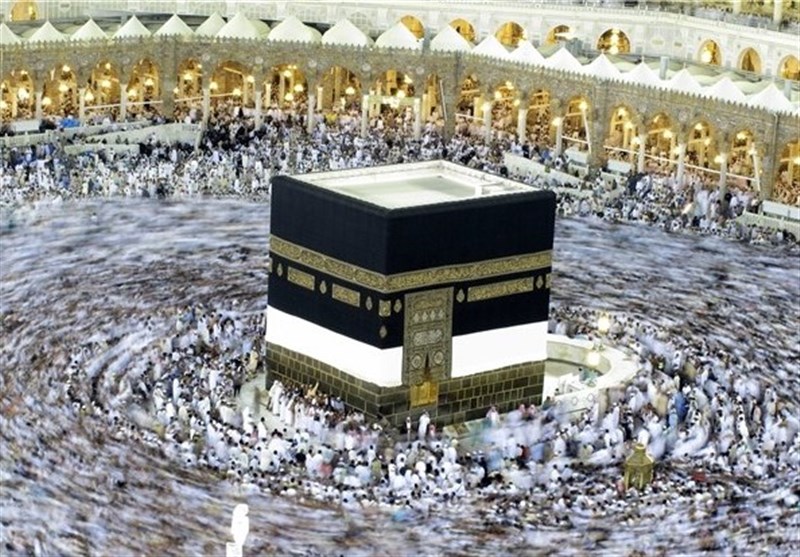
RNA - Last year, 85,000 Iranian pilgrims attended the Hajj ceremonies, Hojatoleslam Ahad Azadikhah told the Tasnim News Agency, adding that this year, the country’s quota for Hajj 2018 has increased by 5,000.
Therefore, 90,000 pilgrims and 5,000 people involved in organizing the event are planned to go on pilgrimage during the Hajj season in coming months, he noted.
He further pointed to a recent trip by a delegation from Iran’s Hajj and Pilgrimage organization and said the Saudi government warmly welcomed the Iranian team.
He further expressed the hope that the Saudis officials would stop their mistakes on Iran and that the Hajj pilgrimage would pave the way for a rapprochement between the two countries.
In 2017, some 85,000 pilgrims from Iran traveled to the holy sites in Saudi Arabia for Hajj.
A year earlier, more than 1.8 million pilgrims attended Hajj, but Iranians stayed at home after tensions between Riyadh and Tehran boiled over following a deadly crush of people during the 2015 pilgrimage.
On September 24, 2015, thousands of people lost their lives in the deadly crush after Saudi authorities blocked a road in Mina during a ritual, forcing large crowds of pilgrims to collide.
The crush was the deadliest incident in the history of the pilgrimage. According to an Associated Press count based on official statements from the 36 countries that lost citizens in the disaster, more than 2,400 pilgrims were killed in the incident.
Saudi Arabia claims nearly 770 people were killed, but officials at Iran’s Hajj and Pilgrimage Organization say about 7,000 people, including over 460 Iranian pilgrims, lost their lives.
847/940